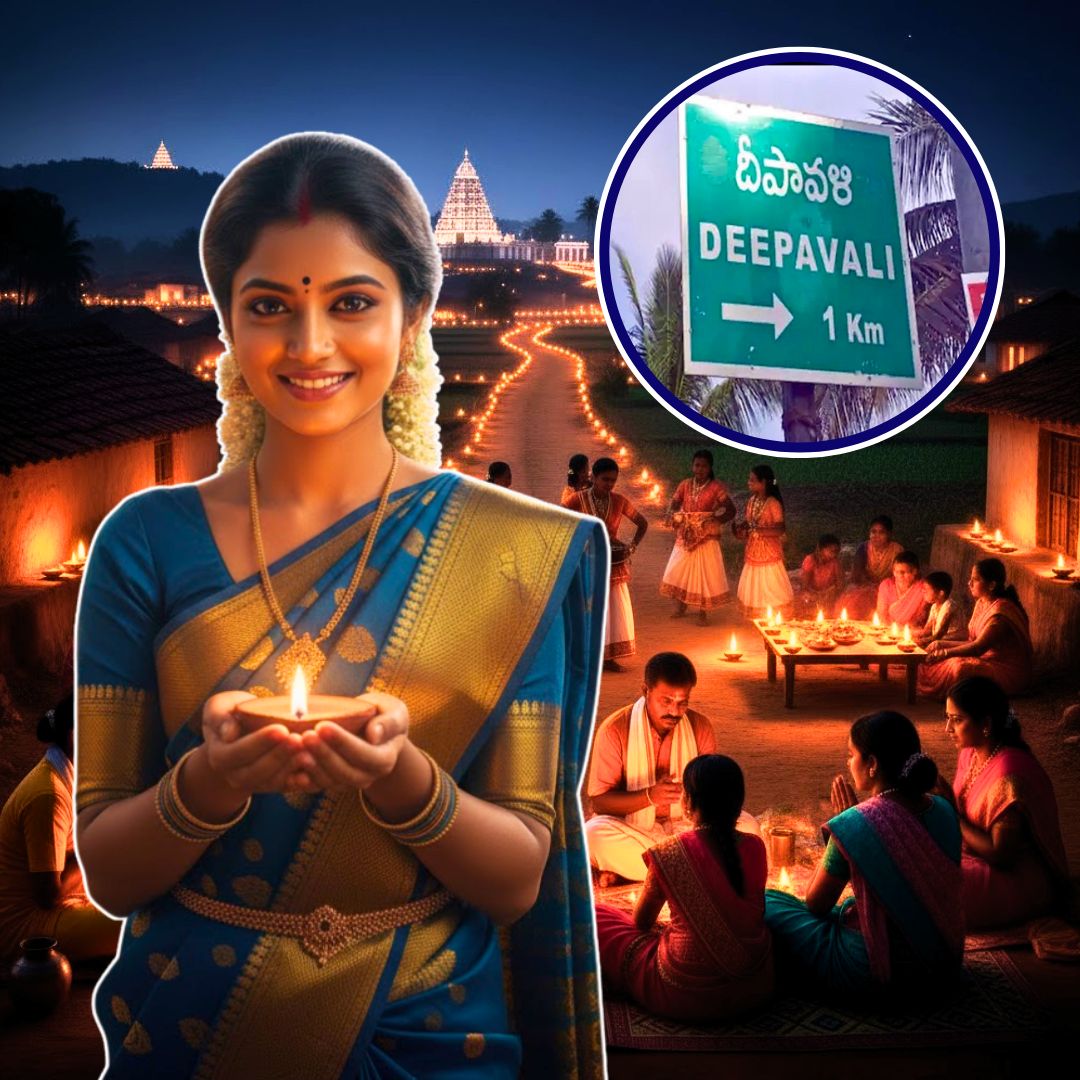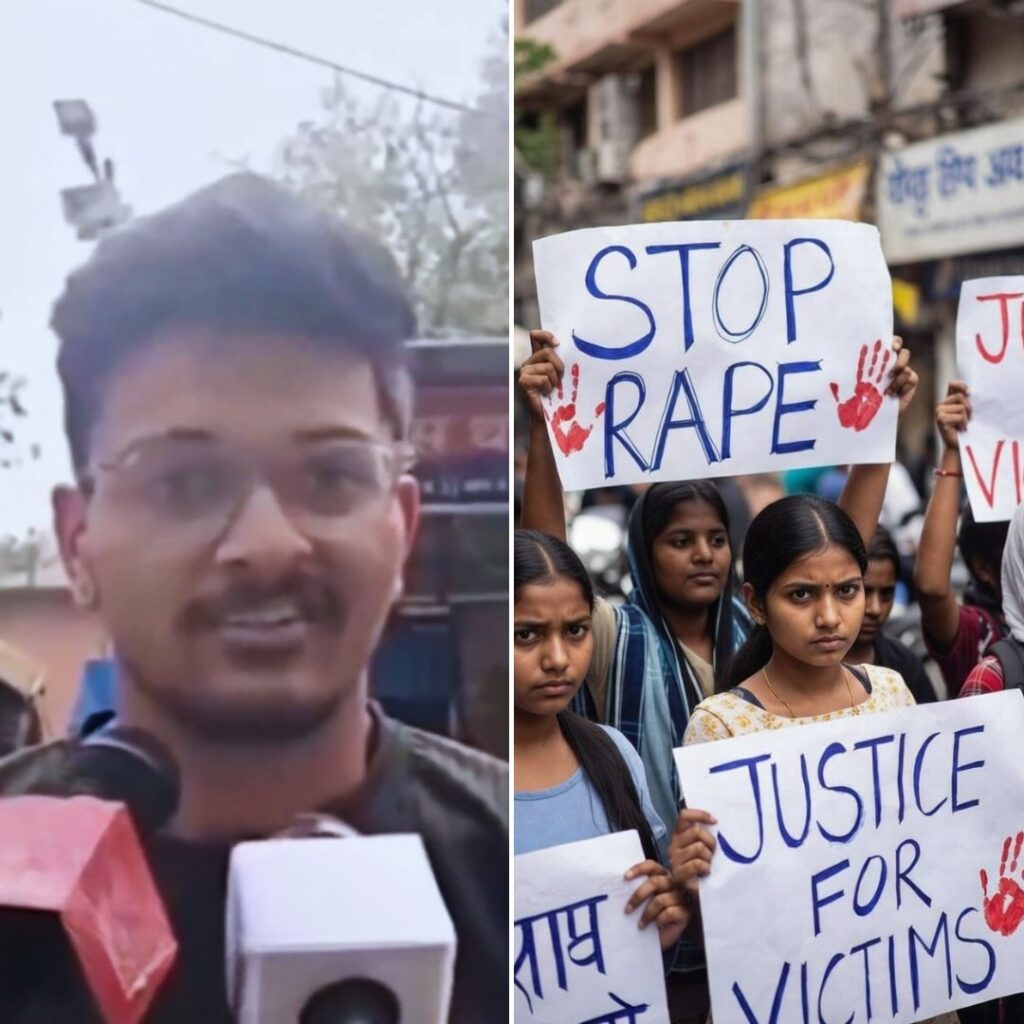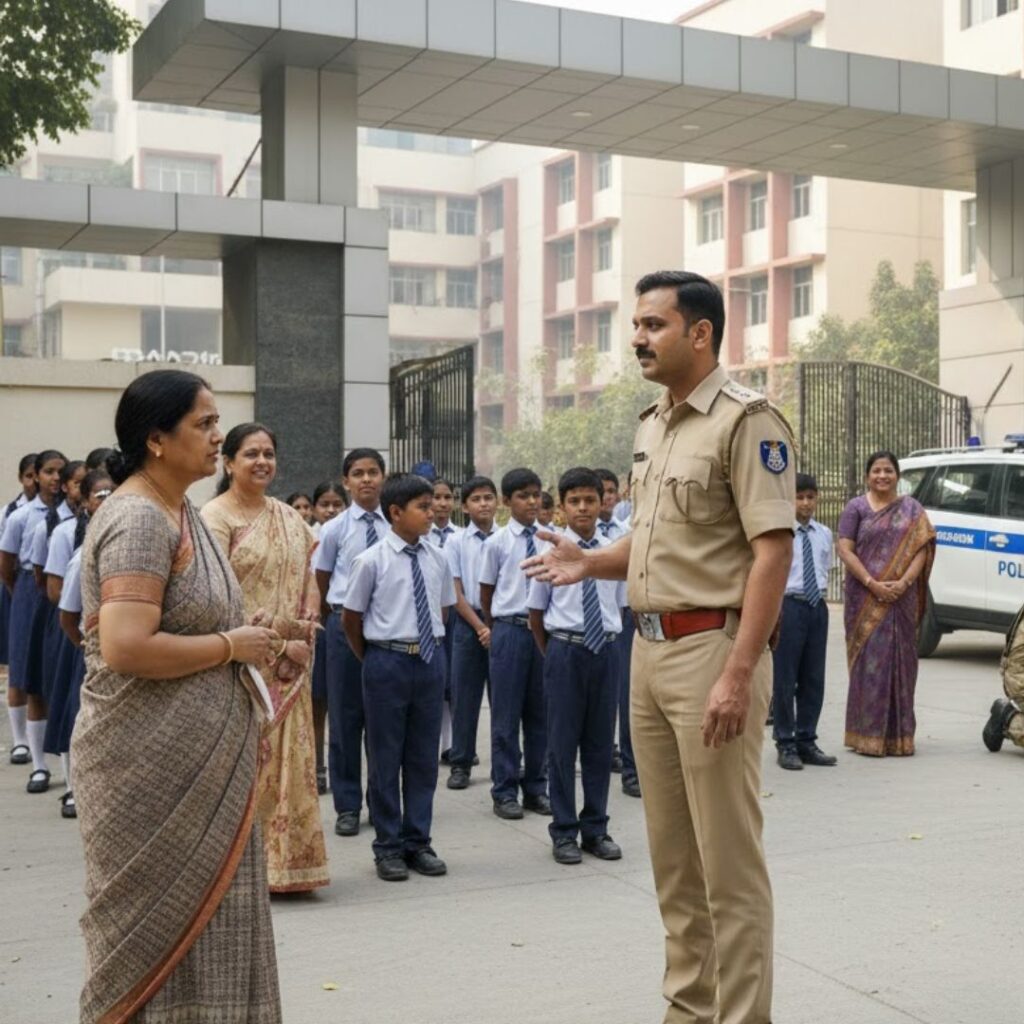Deepavali village in Srikakulam district, Andhra Pradesh, celebrates Diwali uniquely, with a five-day festival rooted in ancestral honour and a tale of compassion. The village, home to about 1,000 people, commemorates a historic moment when villagers aided a king who fell unconscious near the area by lighting lamps and offering water.
This act inspired the king to name the village ‘Deepavali,’ symbolising light and kindness. Local officials emphasise the festival’s role in fostering community unity and preserving rich cultural heritage tied closely to the nearby Sri Kurmanadha temple.
A Festival of Lights Extending Beyond Tradition
Deepavali village is distinguished by its prolonged and deeply meaningful Diwali celebration, which extends over five days. The festival’s onset is marked by Sthanadheere Puja, where residents perform rituals to honour their ancestors, known locally as Pitra Karma.
The Sondi community within the village takes special part in these ceremonies, donning new garments to symbolise renewal, respect, and familial bonds. Unlike the commercialised Diwali observed in many urban centres, Deepavali’s festivities retain an intimate and spiritual character.
Throughout the festival nights, every house and street is illuminated with oil lamps, creating a warm and inviting ambience that draws visitors from neighbouring areas. Shared meals and folk performances become communal experiences that strengthen social ties and celebrate collective history.
“This is not just a festival; it’s a celebration of kindness passed down through generations,” said a Gara Mandal cultural officer, highlighting how the event reinforces the village’s identity and preserves oral traditions. The villagers consider these practices vital for nurturing empathy and a sense of belonging.
The Historical Heart: Compassion That Enlightened a Village
The village’s name, ‘Deepavali,’ stems from a centuries-old story filled with compassion and humanity. Legend tells of a king journeying home from the nearby Sri Kurmanadha temple when he suddenly fell unconscious near the present-day village. Observing his distress, the villagers rallied together to care for him.
They lit lamps throughout the night to dispel darkness and kept offering water until he recovered. Moved by their generosity, the king blessed the village with the name Deepavali, meaning ‘row of lamps,’ symbolising light as a beacon of hope and compassion.
The proximity of the Sri Kurmanadha temple continues to hold spiritual significance for the people of Deepavali. Many undertake pilgrimages to the temple, especially during the festival, to express gratitude and renew their spiritual connections. This origin story is a vital element of the village’s current identity and annual Diwali rituals, reinforcing values of empathy and charity that remain central to community life.
Preserving Culture, Building Community
Officials and cultural experts praise Deepavali village for maintaining a “living heritage” that marries historical reverence with contemporary celebration. The five-day festival serves as a social glue, connecting different generations in collective remembrance and joy. The emphasis on ancestral worship fosters respect for family roots and continuity, while the uncommercialised, community-centric approaches to Diwali allow traditions to flourish genuinely.
Village leaders express pride in their unique celebration, acknowledging the role of local customs in promoting moral values and social harmony. The enduring tale of the compassionate villagers and the grateful king inspires ongoing acts of kindness, which community members strive to embody throughout the year. As the village lights up, so too does the spirit of unity and goodwill, presenting a model example of how festivals can nurture cultural pride and interpersonal empathy.
The Logical Indian’s Perspective
Deepavali village’s story exemplifies the profound power of festivals when grounded in empathy, kindness, and community care. It reminds us that the true light of any celebration comes not from the lamps alone but from the shared humanity that festivals cultivate.
At a time when many traditional festivals risk dilution through commercialisation, Deepavali offers a rare and inspiring example of cultural preservation and social bonding.
Such stories teach valuable lessons about the potential of local customs to foster peace, dialogue, and coexistence by acting as vessels of empathy and collective memory. The Logical Indian encourages readers to acknowledge and support these grassroots cultural expressions that strengthen social cohesion.











